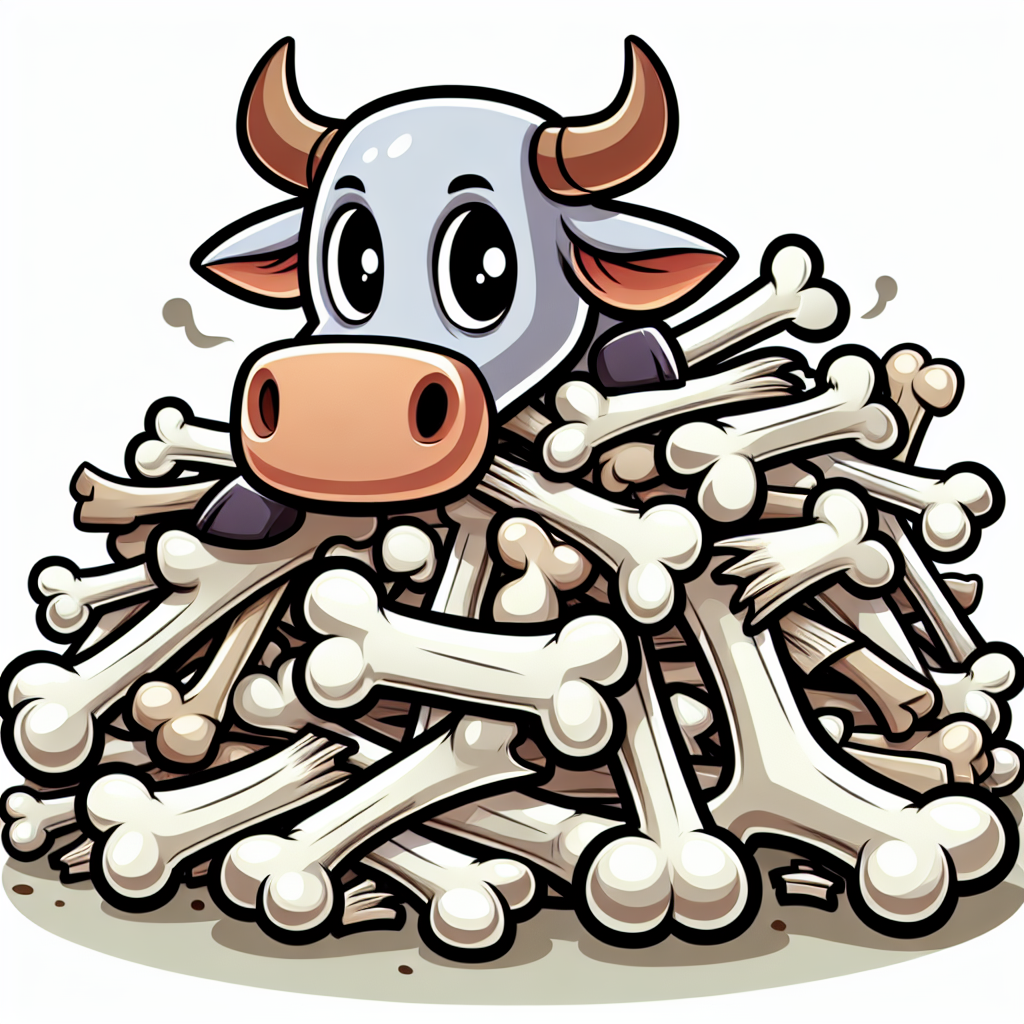Greenpeace Exposes Cattle Laundering in Brazil's Meat Industry
Greenpeace's investigation reveals that JBS, the largest meat company globally, has indirectly acquired cattle raised illegally on indigenous Brazilian land. Greenpeace alleges the cattle were transferred between farms to mask their origin, a practice known as 'cattle laundering'. JBS denied any wrongdoing and demanded explanations.

An investigation by Greenpeace has uncovered that JBS, the world's foremost meat producer, may have indirectly purchased cattle raised unlawfully on indigenous lands in Brazil. These animals, initially reared in the Amazonian Pequizal do Naruvôtu indigenous territory, were allegedly supplied to JBS's export-authorized plants discreetly.
From 2018 to 2025, farmer Mauro Fernando Schaedler reportedly moved over 1,200 cattle from a farm overlapping with indigenous territory to a secondary location devoid of inconsistencies, which sold the animals to JBS. Despite the use of official transit documents, Greenpeace noted the absence of an individual cattle tracking system in Brazil, complicating the traceability of these transfers.
JBS refutes the claims, stating Greenpeace failed to prove the cattle in question reached its facilities and affirms its compliance with strict sourcing guidelines. However, JBS announced it has prohibited the implicated farm and is seeking clarification from the farmer while the farms have yet to respond to requests for comments.
(With inputs from agencies.)
- READ MORE ON:
- Greenpeace
- cattle
- laundering
- JBS
- Brazil
- indigenous land
- Amazon
- meat industry
- sourcing
- investigation
ALSO READ
Unexpected Diplomatic Doors: Trump's Secret Meeting with Brazilian Meat Mogul
Amazon's Hefty $2.5 Billion FTC Settlement: A Painless Payout
Amazon's $2.5 Billion Settlement: A Drop in the Bucket?
Amazon's $2.5 Billion FTC Settlement: A Milestone in Consumer Protection
Amazon Prime Settlement: A Landmark FTC Win Against Deceptive Practices










